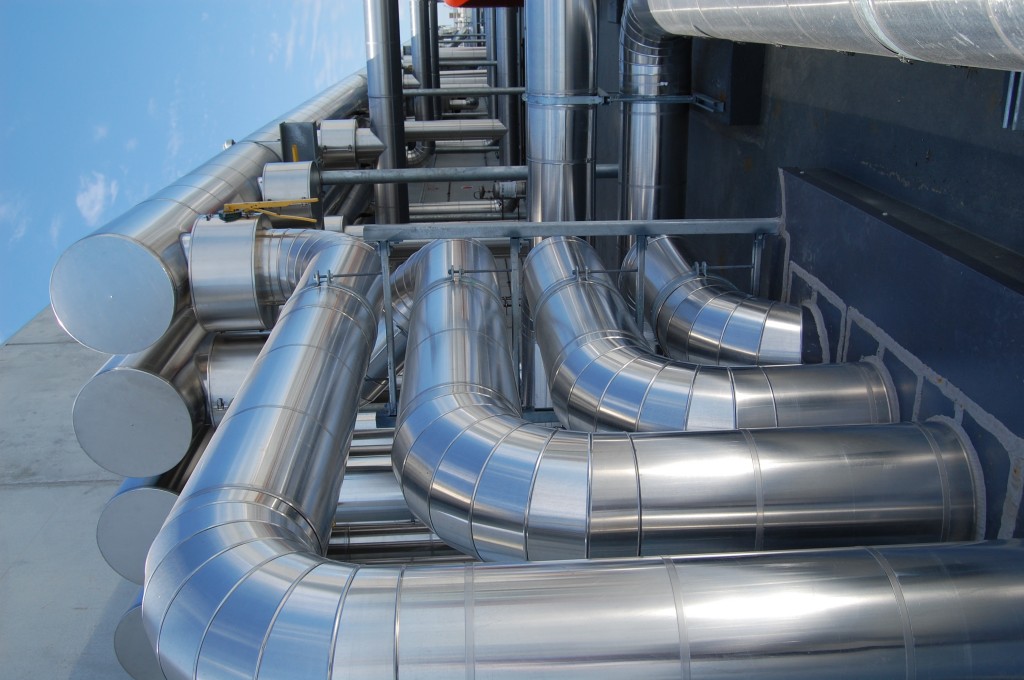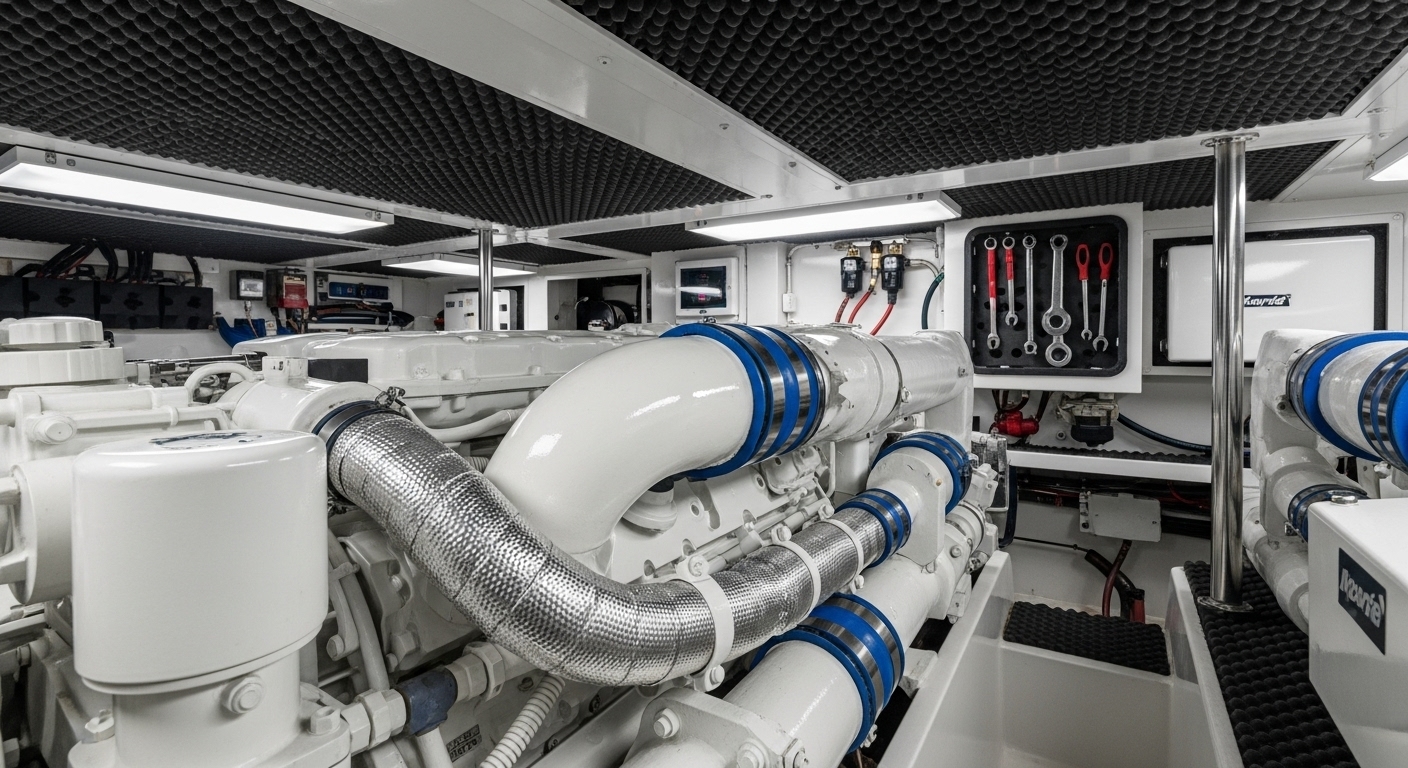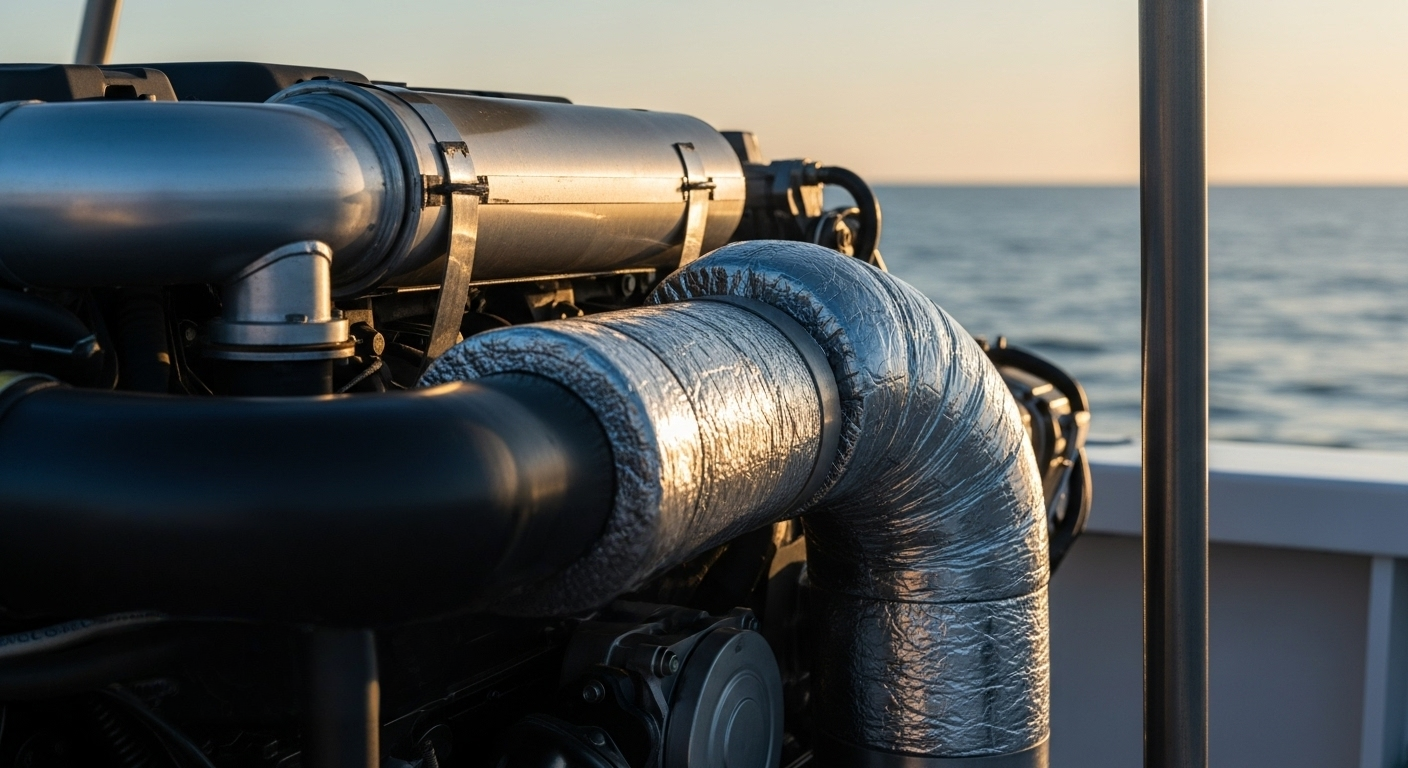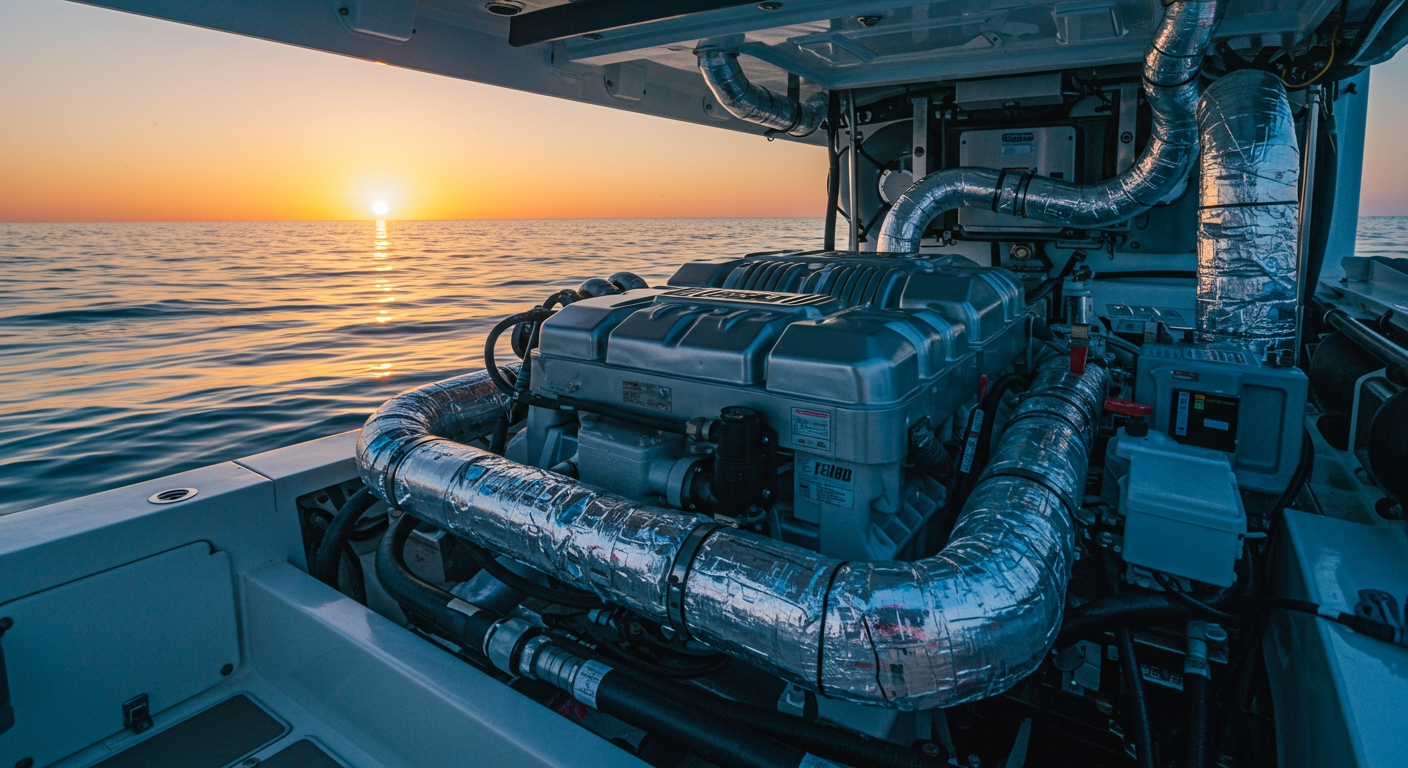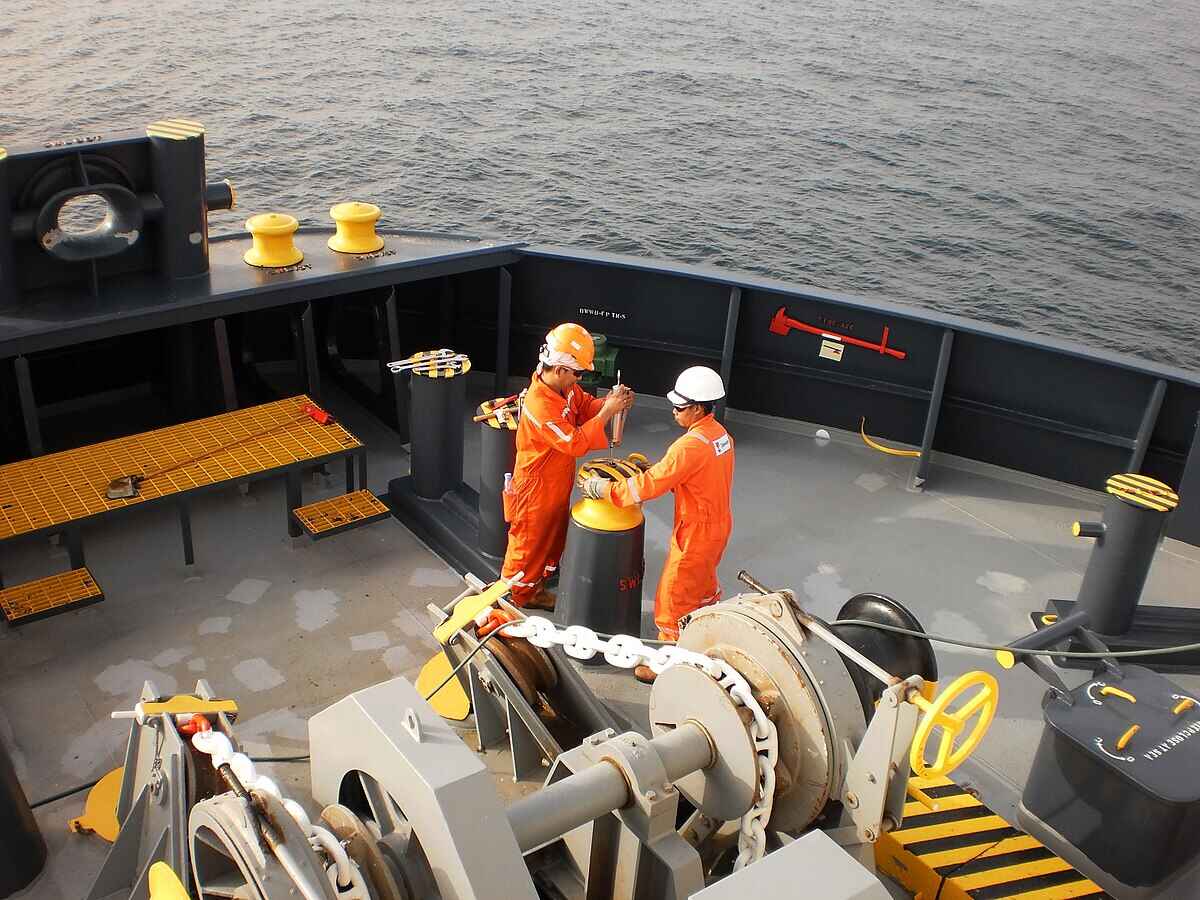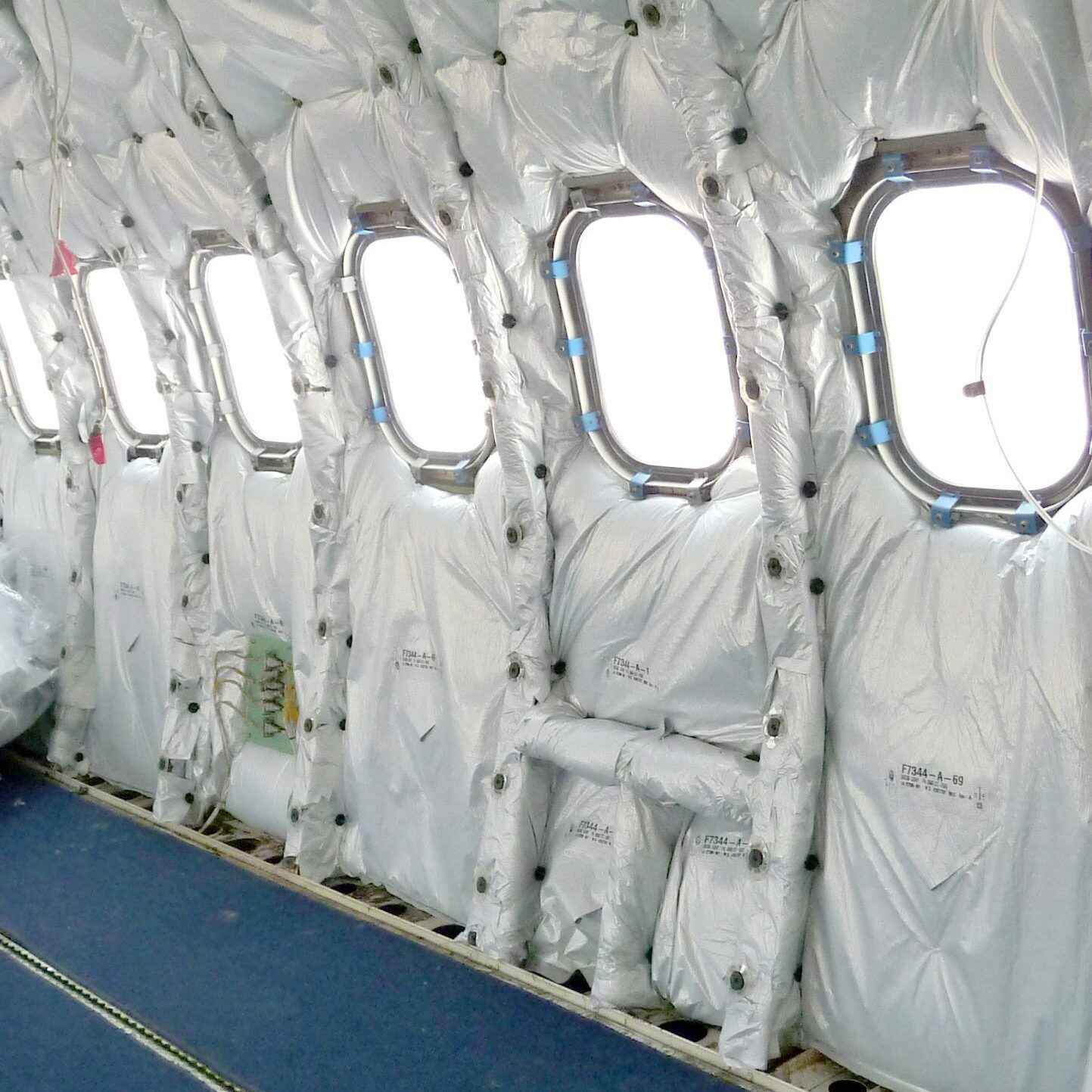Marine insulation serves as a crucial factor in the overall efficiency and performance of a vessel, with one of its key benefits being enhanced fuel efficiency. When considering the energy demands of a marine vessel, whether it’s a yacht or a commercial ship, every component must work in unison to optimize fuel consumption and reduce operational costs. Proper insulation, particularly in the piping systems, plays a pivotal role in ensuring that the vessel operates at peak efficiency. By minimizing heat loss, controlling temperatures, and protecting vital components, marine pipe insulation is an investment that pays dividends over the long term.
Understanding the Impact of Heat Loss on Marine Vessels
A fundamental aspect of marine energy efficiency is the prevention of heat loss, which can result in wasted energy and increased fuel consumption. When hot or cold fluids travel through uninsulated pipes, a significant amount of heat escapes into the surrounding environment. This loss of thermal energy can lead to systems requiring additional energy input to maintain operational temperature levels, thus consuming more fuel. Over time, these incremental increases in fuel usage contribute to higher operational costs, reduced performance, and greater environmental impact.
Proper insulation helps to mitigate this issue by keeping the desired temperatures within the piping system, preventing energy from being lost. For instance, in heating systems or engines where temperature stability is critical, an insulated pipe can help maintain optimal conditions without the need for extra energy expenditure. This is particularly important on long voyages, where every ounce of fuel saved can significantly reduce operating costs.
How Marine Pipe Insulation Contributes to Fuel Efficiency
Reduction in Heat Loss
The most direct and significant impact of insulation on fuel efficiency is the reduction of heat loss through the piping system. By wrapping pipes with a layer of high-quality insulating material, the transfer of heat to the surrounding air is minimized. For vessels that rely on fuel-powered engines or other heat-producing systems, this means that the energy required to maintain necessary temperatures is drastically reduced. As a result, less fuel is needed to generate the same amount of heat or energy, improving overall efficiency.
In addition to minimizing energy loss, the insulation helps to maintain stable fluid temperatures. This means that engines and other mechanical components operate under more predictable conditions, which leads to smoother performance and fewer energy fluctuations. Consistent performance contributes to steady fuel consumption, further enhancing fuel efficiency.
Prevention of Condensation
Another critical factor that contributes to the overall efficiency of a vessel is the prevention of condensation, which can result in costly system failures and additional fuel usage. When condensation forms inside pipes, it can lead to the corrosion of components and the degradation of insulation materials. This degradation reduces the effectiveness of the insulation, which can result in heat loss and ultimately higher fuel consumption.
Marine pipe insulation serves as a barrier, preventing condensation from forming in the first place. This is particularly important in systems that deal with varying temperatures or high humidity, such as those found in HVAC or engine cooling systems. By controlling moisture and preventing the buildup of condensation, insulation protects both the piping system and surrounding components, ensuring that the system operates efficiently and that fuel consumption remains low.
The Long-Term Cost Benefits of Marine Pipe Insulation
While the upfront cost of installing marine pipe insulation may seem significant, the long-term financial benefits make it a wise investment. The reduction in fuel consumption is perhaps the most notable advantage, as it leads to substantial savings over time. By reducing the need for additional fuel to compensate for heat loss, vessels can operate more cost-effectively, reducing the overall expense of running the vessel.
Furthermore, insulated piping systems tend to have a longer lifespan compared to uninsulated systems. By protecting pipes from thermal fluctuations and environmental damage, insulation helps maintain the structural integrity of the system. This leads to fewer repairs, less maintenance, and ultimately, lower operational costs. The longer the pipes last, the fewer resources are required for replacements and repairs, which contributes to significant savings over the vessel’s operational life.
Reduced Environmental Impact
In addition to cost savings, marine pipe insulation also contributes to the reduction of a vessel’s environmental footprint. By using less fuel to achieve the same energy output, vessels equipped with proper insulation emit fewer greenhouse gases. This reduction in fuel consumption aligns with global efforts to lower emissions and meet increasingly stringent environmental regulations.
For commercial vessels, meeting environmental standards is becoming increasingly important. Many shipping companies are now required to adhere to regulations regarding emissions and energy use. By adopting energy-efficient technologies such as proper pipe insulation, vessels not only lower their fuel costs but also ensure compliance with these regulations, avoiding potential fines and reputational damage.
Conclusion
Proper marine pipe insulation is essential for maximizing fuel efficiency, enhancing system performance, and reducing overall operational costs. By minimizing heat loss, preventing condensation, and prolonging the lifespan of piping systems, insulation provides both immediate and long-term benefits for vessel owners and operators. For both commercial and private vessels, investing in high-quality insulation can result in substantial savings, improved system reliability, and a reduced environmental impact. Whether you’re managing a fleet or owning a yacht, the importance of marine pipe insulation cannot be overstated in the quest for better fuel efficiency.

